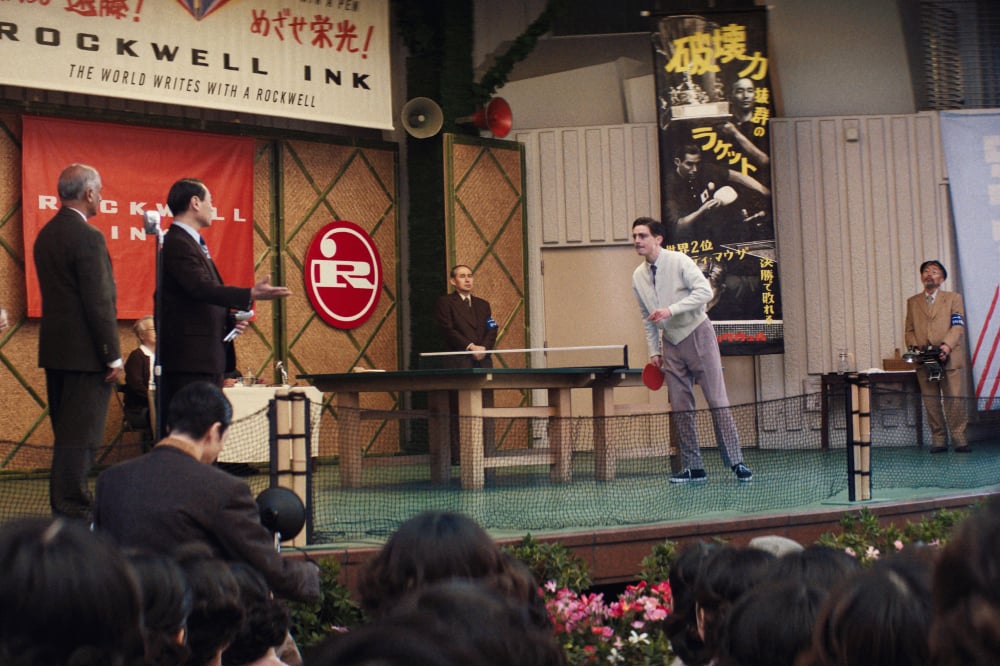Movie Review: Napoleon
Ridley Scott’s biopic tears down the emperor’s great-man status with a smart script and keen performances.
Early in Ridley Scott’s “Napoleon,” the emperor-to-be is ransacking Egypt when his men discover an ancient sarcophagus. Bonaparte demands the relic be opened so that he can stand face-to-face with a fellow monarch.
First, he realizes he’s considerably shorter than the mummy, so he drags over a small stool. Then, unable to perform the showy gesture he has planned, he awkwardly places his cumbersome hat atop the sarcophagus. Finally, he leans in, as if receiving whispered wisdom from the preserved corpse. His followers glance at one another awkwardly.
Such absurdities run through “Napoleon,” in which the ill-fated French despot — played by Joaquim Phoenix — goes from minor military man to emperor before descending to exile and obscurity. This biopic speaks the language of 20th-century, great-man nonsense, yes; vitally, however, it uses those tropes to illustrate that Bonaparte was an accidental, and largely ridiculous, ruler.
It is not, however, a comedy, in spite of its many moments of buffoonery. Scott’s film veers into darkness when Bonaparte takes to the battlefield, showing both his artillery prowess — if nothing else, he was quite good at figuring out what to blow up — and his callous disregard for lives lost during his campaigns for land and self-aggrandizing glory. Many of the scenes of destruction are harrowing, and strikingly presented; with every unqualified leader, Scott seems to suggest, comes needless bloodshed.
Gripping though those sequences are, the primary focus of “Napoleon” is domestic. As Bonaparte’s first wife, Josephine, Vanessa Kirby presents a calculating and realistic foil to the history-minded ruler; her choices are written on her expressive face, visible to everyone except her lovestruck husband. Only when alone with Josephine does Phoenix allow Bonaparte’s performative grandiosity to slip, revealing an insecure sad sack with a tendency to pout.
OK, that’s not the only time the facade slips; there’s also a laugh-out-loud temper tantrum in a scene with the British ambassador.
It’s a careful project, the structure of which allows it to rise above the biopic rabble. David Scarpa’s deliberate script summarizes the events of Bonaparte’s life while simultaneously weaving a structure that gives the film drive and an arc — an absolute rarity in the genre. Even when the story is perhaps too detailed or too indulgent, Scott is rescued by the lush work of his design team, who brings “Napoleon” out of the grays and shadows common of films set in this period.
It’s a rejoinder to the tired sort of historical drama that turns men into myths, as Scott denies Bonaparte the opportunity to make his own legend. From a director that has done plenty of mythologizing in the past, that’s a remarkable and welcome change.
My Rating: 9/10
“Napoleon” is now playing in theaters.















